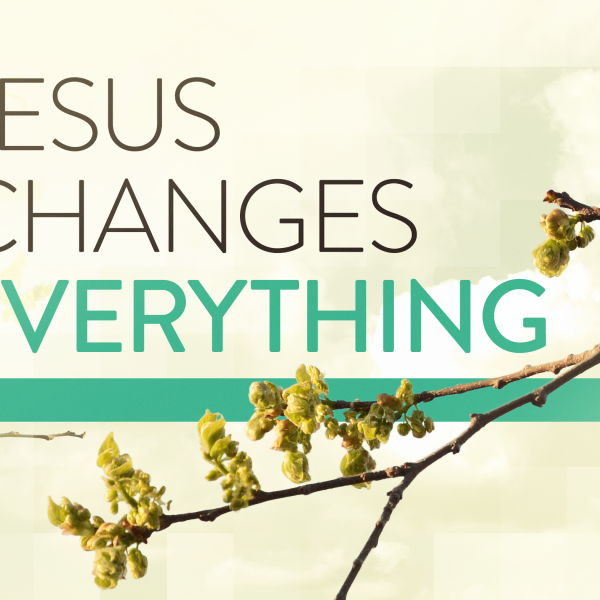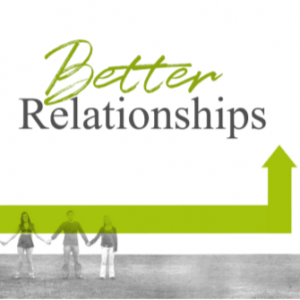Loving Life’s “Others”
- When have you found it difficult to forgive another person? Describe what you experienced.
Read: Matthew 5:38-48
- What do you find most difficult about Jesus’ instructions in these verses?
- Jesus’ “eye for an eye” quote refers to Exodus 21:24. How would this instruction to those who were judges in Israel clarify the meaning of justice? How would this instruction as a consequence then limit the extent of revenge?
- It appears that the Pharisees extended this principle from the courts of law (where it was to belong) to the realm of personal relationships (where it did not belong). What consequences might have resulted?
- Have another look at v.39-42. How would you contrast our natural responses in such situations with the responses Jesus expects of us?
- What do you feel is accomplished by turning the other cheek or going a second mile? In what situations might Christ’s commands apply today?
- Consider v.44-45 again. According to Jesus, how are we to treat our enemies and why?
- In what ways is Jesus’ command extraordinary (v.46-48)?
- Does this teaching in any way mean that Christians are to be convenient doormats for the world to walk on? Explain your answer.
- How was Jesus Himself an example of the principles “Do not resist an evil person” and “Love your enemies”? How can you reflect your Heavenly Father’s character when you are mistreated?
- What has God’s Spirit been saying to you through this study? What are you going to do about it?
Putting Our Past Behind Us
- What destroys good relationships?
- Can you remember an occasion where your words or actions have destroyed a relationship? What happened? What were the consequences?
- Love “keeps no record of wrongs” (1 Corinthians 13:5). What does this mean? How can you do that?
Read Matthew 18:21-22
- What issue does Peter bring before Jesus? What does his answer imply?
- If you consider that rabbis suggested to forgive at least three times, Peter is already aiming high by suggesting seven times. How is Jesus answering Peter’s question and what does He mean by his answer?
Read Matthew 18:23-34
- The story is certainly not factual because the amount of debt owed is simply unrealistic. Jesus tells this parable to make a point. What is it that Jesus wants to say? Consider also that with this parable Jesus explains how the kingship of God operates (v.23).
- What does it mean to forgive according to this parable?
- How does this parable relate to Peter’s question in v.21?
- How do you understand v.35? See also Matthew 6:12,14-15.
- In light of this Bible study who do you need to forgive? Why? Remember: to forgive does not mean to forget nor does it mean to reconcile.
Forgiveness
1. Do you ever remember getting caught with your “hand in the cookie jar” as a child? As an adult? What happened in each instance?
2. Has covering up sin ever backfired in your life? How have you experienced God’s mercy when you owned up to your sin?
Read: 2 Samuel 11
3. In what ways did King David sin in the Bathsheba affair?
4. In view of King David’s arrogance, adultery, deception and murder, how does he dare approach God? What does he feel?
Read: Psalm 51
5. According to Jewish law, murder is a capital crime as is adultery (Deuteronomy 22:22). Since such sins deeply affect the lives of others, what is the meaning of v.4? What does this reveal about the nature of sin?
6. If God created all things “good,” why does humankind sin (see Romans 5:12-14)?
7. After acknowledging his sin and waywardness, what does King David ultimately ask God to do (v.7-12)? What is the significance of King David asking to be cleansed?
8. How does King David hope to escape God’s wrath (v.13-17)? On what basis does he hope for a restored relationship with God?
9. Why would King David end his prayer to include the nation he leads (v.18-19)? What does this indicate about the nature of sin?
10. Are there really ever any “victimless crimes”? How does our sin affect God? Ourselves? Others? Society?
11. Are you more sensitive to sin and brokenness in yourself as a believer than beforehand? Why? Describe the power of receiving God’s forgiveness and being restored to a right relationship with Him.
No More Tears to Cry
- “No More Tears to Cry” – can you relate to that experience? How?
- Have you ever felt that what you’ve done is unforgivable?
- What are common ways to cope with despair and pain?
Read Psalm 130:
- As you try to recapture the feeling of despair how does v.4 sound to you?
- Why does God forgive?
- Can you identify with v.5-6? How?
- The poet shares how he eventually found comfort in God’s promises (v.7-8). What would you like to share with others about how God comforted you?
- How has God spoken to you through this Psalm?
- What do you think you need to do?






